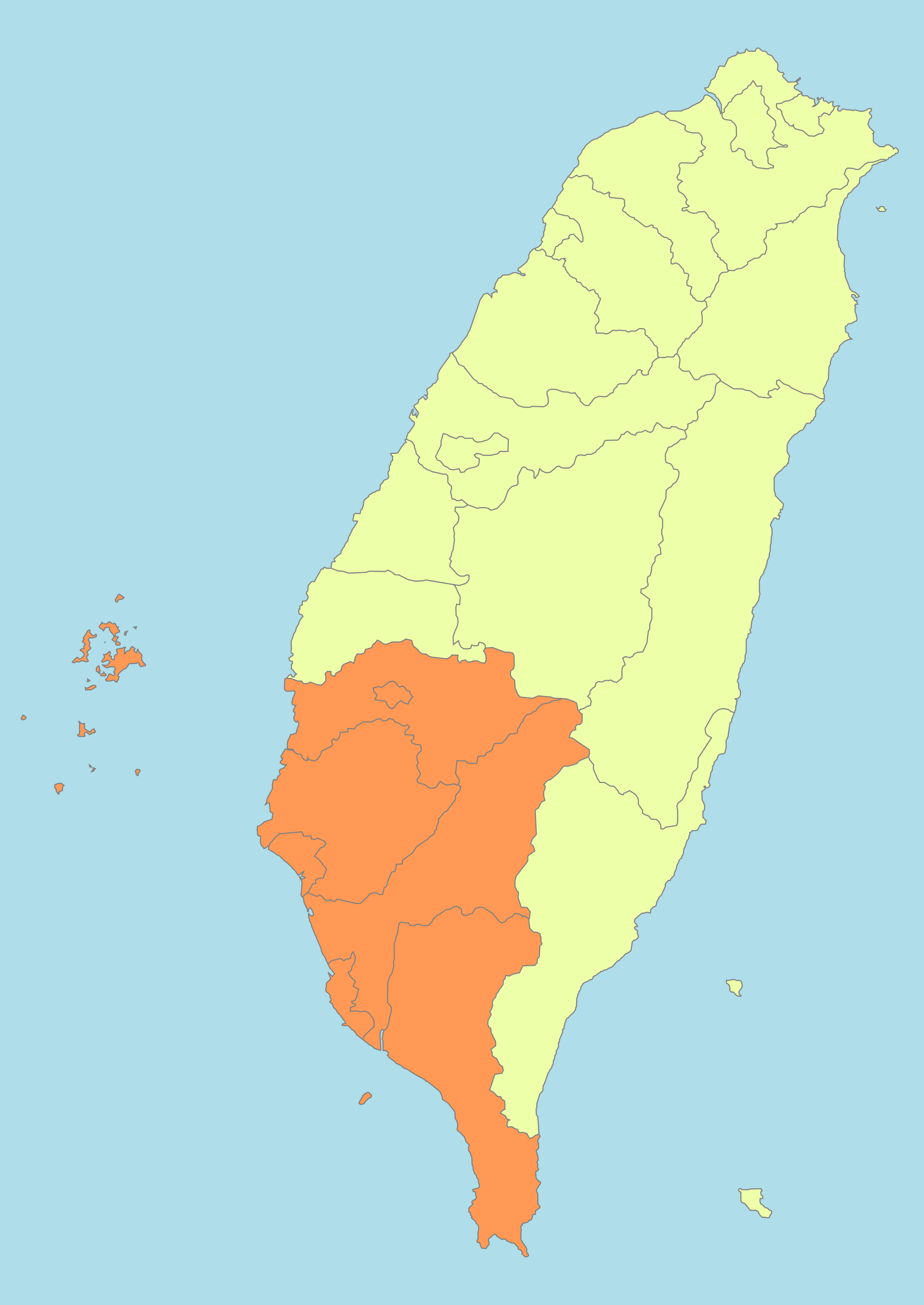Category: International

February 16, 2016
News, International, News
Earthquake Causes Controversy
Saturday morning, February 6, Taiwan was struck with an earthquake that registered with a magnitude of 6.4. The earthquake occurred…
February 05, 2016
News, International, News
Zika Spreads Through the Americas
The mosquito-borne Zika virus is projected to infect up to 4 million people across the Americas in the next year.…
December 10, 2015
News, International, News
Columbia Finds the World’s Largest Sunken Treasure
300 years ago, a Spanish ship laden with treasure was sunk by the British army off the coast of Columbia.…
November 19, 2015
News, International, News
ISIS Attacks Across the Globe
Three cities, three attacks, one perpetrator—last week Europe and the Middle East experienced a new form of “reign of terror.”…
November 09, 2015
News, International, News
Russian Flight Crashes in Egypt
Last Saturday, Russian Flight 9268 broke apart in the air and crashed in a remote location in Egypt’s Sinai Peninsula,…
October 29, 2015
News, International, News
Hurricane Patricia Hits Mexico
On Friday, October 24, the strongest hurricane in the history of the Western hemisphere hit the coast of Mexico. The…
October 09, 2015
News, International, News
Afghan Hospital Bombing
On Saturday, October 3, airstrikes destroyed an Afghan Doctors Without Borders hospital in the city of Kunduz, Afghanistan. Casualties were…
October 01, 2015
News, International, News
Russia Airstrikes in Syria
Wednesday morning marked the first Russian airstrike on ISIS in Syria. The attacks, according to the New York Times, came…

September 29, 2015
News, International, News
Iran Nuclear Deal in Affect
With the Syrian refugee crisis’ constant evolution, news of the Iran nuclear deal, officially the Joint Comprehensive Plan of Action,…
September 18, 2015
News, International, News
Egyptian Government Resigns
On Saturday, September 12, members of Egypt’s government resigned as a result of state corruption probe. President Abdel Fattah el-Sissi,…
